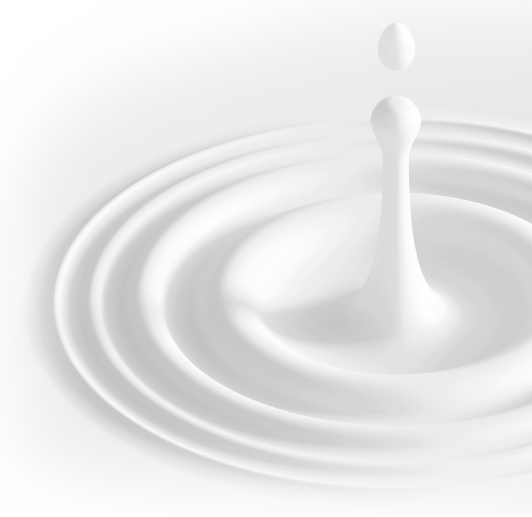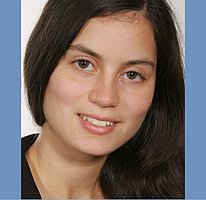Arriving at a country where you have never been before, knowing that you will continue your life there for a certain period of time, gives you a fresh dash. Instead of the accustomed environment, the unfamiliar things will make you explore them. In my 22 years I have had about seven moves, went to four different primary schools, so regularly changing the surroundings are part of my being. After London, Bochum in Germany is the second foreign city where I have lived for longer term. New place, new level of education. That’s what it means for me coming to the Ruhr-University for the Master course in Molecular Sciences and Simulation (iMOS).
I met the opportunity of studying here in early August, when I was in London, carrying out a 6-months internship in a laboratory of physical and theoretical chemistry with Erasmus scholarship. A German student from Ruhr-University visited the lab for two weeks, he was in his final year of the iMOS program. Based on his description of the course, and after reading the information on its website, I decided to apply, however, I had already been accepted for two other master’s in London. The application process went smoothly, after reading through my application profile the course director invited me for a skype-interview, and within about two weeks I received the acceptance letter. Except the secured student accommodation, I didn’t have a detailed view of how I would finance myself -as it was too late for applying to a scholarship-, but thank to the helpfulness of the science manager of the course, everything has worked out.
I arrived on 7th October, two weeks before the start of the lectures. The first days were about administration at the university and registration at ‘Rathaus’ of Bochum. Besides, I explored the city centre, the shops and the beautiful area of Kemnader-See with some of my housemates. In the first week of the semester we were given an introduction to each course, and also our science manager toured us around the huge campus. The major destination in every building was of course the ‘Cafeteria’!
The iMOS group is very diverse in terms of the countries represented, my six course-mates are from Germany, China, Thailand, Turkey and Afghanistan, and I am Hungarian. Three males, four females. Most of us came here with a bachelor in chemistry, except Özlem, who studied chemical engineering, and Yichen has a degree in physics. Our study plan is busy on Mondays and Tuesdays, having lectures from 8/9am till 4/6pm, but the weekdays afterwards are easier, with 1 or 2 seminars. The work continues at home with reviewing and learning the thought topics, and preparing exercises, homeworks. This Molecular Sciences and Simulation master’s is a very unique course, it is based on 21st century’s most emerging scientific area, that is quantum mechanics.
Science Zone
Quantum mechanics is the universal language of describing the properties and behaviour of matter, determined at the atomic scale. We should never believe that scientific knowledge is absolute, since we can only depict systems after introducing artificial constraints, instead of grasping the entire phenomena at once. Quantum mechanics is, however, the most precise approximation to the reality today, taking into account many variables to qualitatively predict or explain phenomena. The very core of life itself is researched from the aspect of quantum mechanics. It seems that the former, classical descriptions of existence’s different fields (such as mathematics, physics, biology and chemistry) unite to form a universal picture.
How can we understand quantum mechanics? My conception for that is:
Anything can be learned, if the order and magnitude of steps in the study process is consequently structured. Since scientific knowledge is being built by humans, we don’t necessarily need to understand everything, in many cases we just need to accept and work with the definitions and concepts previously led down by the relevant scientists (or find our own interpretation!). This applies to quantum mechanics as well. First we need to ‘speak’ a good level of mathematics to be able to understand the procedure of how quantum mechanics has been developed. After that we can get an insight into the areas and methodology of its application for a broad spectra of research topics. After acquiring the appropriate amount of theoretical knowledge and experience, we can then use the concepts and experimental tools (eg. softwares such as Gromacs, Gaussian 09 etc.) to study our own scientific questions we are interested in.
The iMOS course is an excellent program, guiding us through the above mentioned stages, starting with the basics of quantum mechanics. Lecturers give every support to us during their presentations and we can also contact them in their office hours to ask for their help in understanding the subject. Sometimes the explanation for a specific abstract phenomena will be given with a very humorous picture.
I am convinced that the next two years of my stay here in Bochum will provide many excellent opportunities for me to progress in both my professional and personal life, and so I am very glad I could start this course.
————————————————————————————————————————————
About the author


